Science Shop
Advertisement
Fast Decontamination of Chernobyl by Start-up
- By Geert Devenster
- . January 31, 2022
Dog feces and urine are contributing to the eutrophication of nature reserves, according to a study by scientists at Ghent University in Belgium. Nitrogen compounds
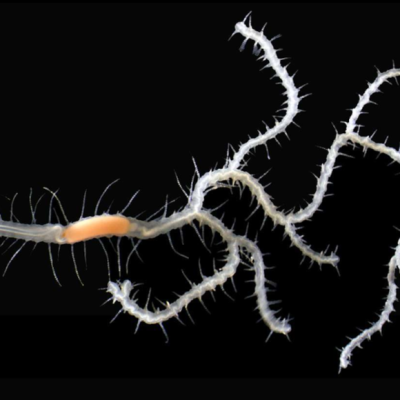
Strange Sea Worm Found in Japan
- By Rolf Lewis
- . January 23, 2022
In the waters off the coast of Japan, a new species of branched marine worm has been discovered. The worm’s body repeatedly splits at the

Antarctic’s Largest Fish Breeding Ground Discovered
- By Rolf Lewis
- . January 15, 2022
In a surprising discovery during an expedition in Antarctica, researchers have stumbled upon the largest fish breeding ground on Earth. The area contains approximately 60
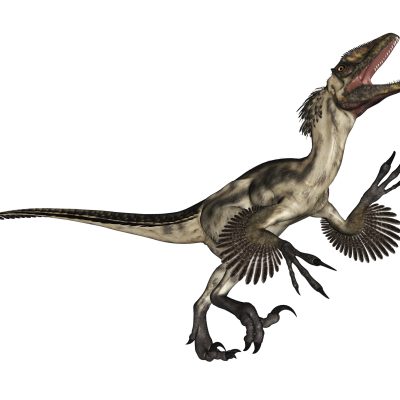
Giant millipede in tropical Europe.
- By Rolf Lewis
- . December 29, 2021
In a stunning discovery, scientists at the University of Cambridge have identified a prehistoric millipede that was even larger than the previously known largest invertebrate,
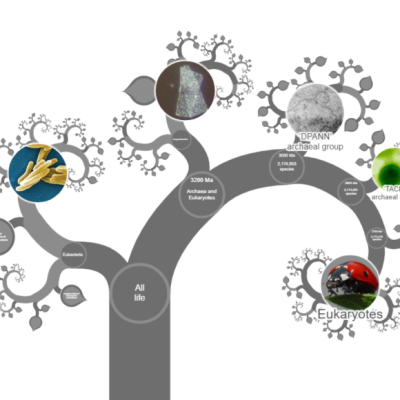
Tree of Life: 2.2 Million Species
- By Rolf Lewis
- . December 28, 2021
After nine years of hard work, scientists have completed the “Tree of Life,” a massive visualization containing information on all known living and recently extinct
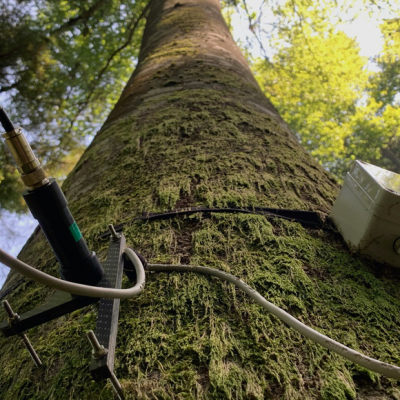
Climate Change Stunts Tree Growth
- By Rolf Lewis
- . December 19, 2021
The assumption that climate change positively affects plant growth due to an increase in warm days has been challenged by a recent study conducted by
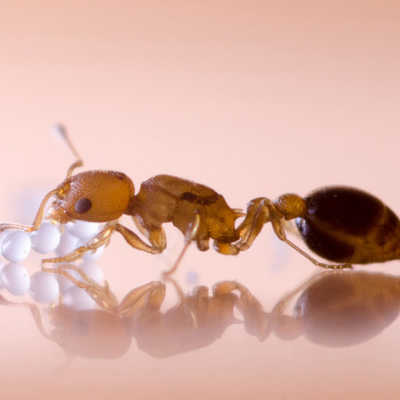
Less Ants with Glyphosate and Thiacloprid
- By Rolf Lewis
- . December 13, 2021
The use of pesticides has long been a concern for environmentalists, and a recent study from the University of Graz in Austria has highlighted the

Mammoths Roamed Alaska 5,700 Years Ago
- By Rolf Lewis
- . December 13, 2021
New research from McMaster University has revealed that woolly mammoths lived on the North American mainland as recently as 5,700 years ago. The study, published

New Dinosaur Species with Beak Found in Brazil
- By Rolf Lewis
- . December 9, 2021
A new dinosaur species has been discovered in Brazil, and it’s a relative of the T-Rex. However, this dinosaur, named Berthasaura leopoldinae or “Bertha,” had

Rapid Recovery of Tropical Forests
- By Geert Devenster
- . December 8, 2021
Tropical forests that have been cleared are recovering surprisingly quickly, according to a study by scientists at Wageningen University. The resulting secondary forests should therefore









